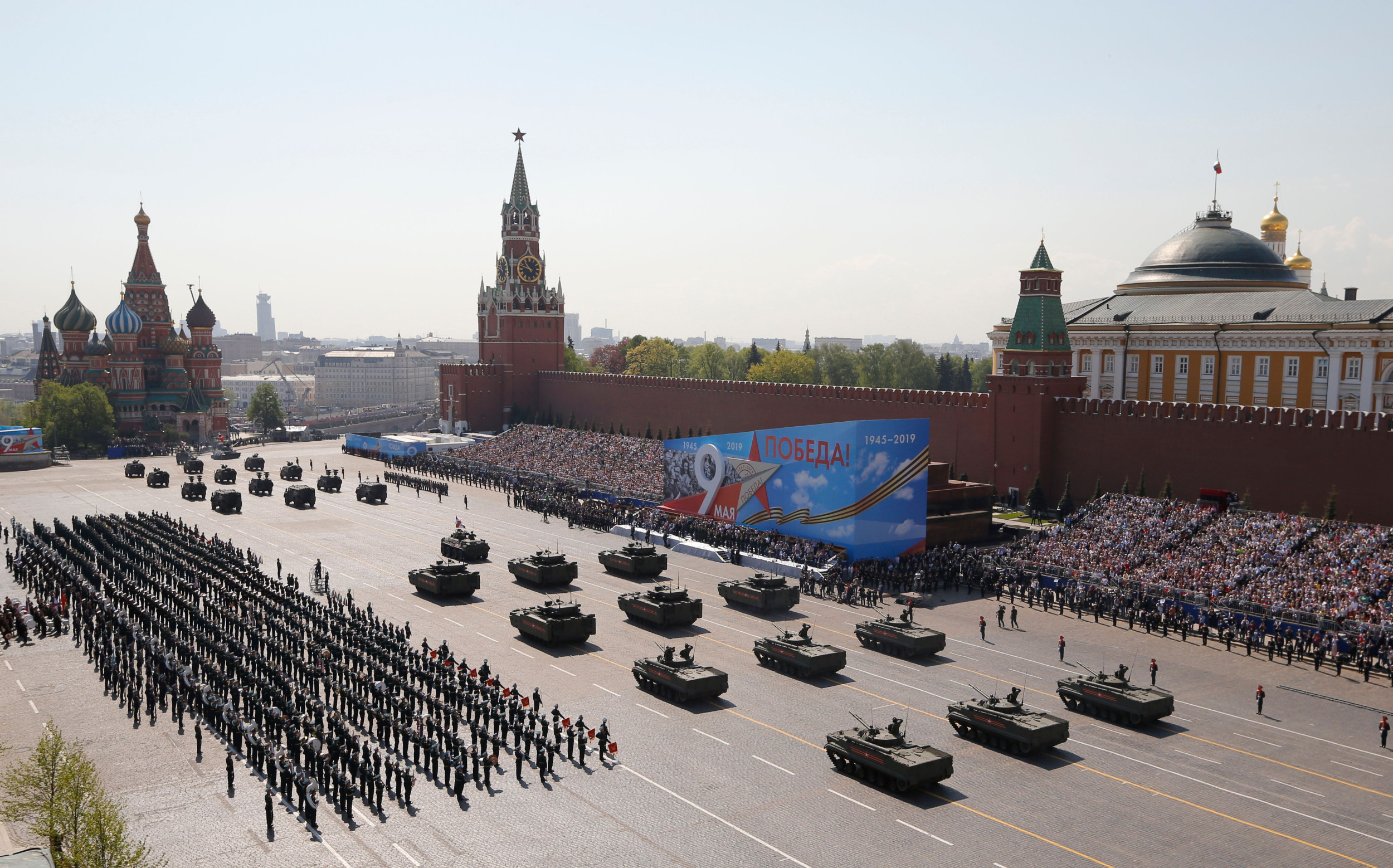- cross-posted to:
- [email protected]
- cross-posted to:
- [email protected]
In a recent appearance on Russia’s state-run television, Russian political scientist Sergey Mikheyev suggested that the country’s “empire” should grow to encompass three American states.
“I want the Russian empire with Alaska, Hawaii, California, Finland, and Poland,” he said, as translated by Gerashchenko for the clip he shared. “Although Poland and Finland are so stinky, I’m not sure, to be honest. We’ll clean them.”



Not to mention every other citizen is armed
That doesn’t matter at all
Not even a little bit? Okay…
If civilian gun ownership was enough to stop a military then the US would never have gotten a standing military. Like what the 2nd amendment was intended for
Well, it did in the American Revolutionary War. But there hasn’t been much by way of countries seriously looking into invading the US over the centuries.
We do have one instance, though.
In World War I, Germany tried to get Mexico to invade the US, and offered to provide support in annexing part of the US.
Mexico’s leadership had the military examine the proposal. They advised against it. One of the cited rationales for not invading was the widespread gun ownership in the US.
https://en.wikipedia.org/wiki/Zimmermann_Telegram
But, again, I think that all this misses the point. There isn’t going to be land warfare, much less militia warfare, against Russian land forces. Russia doesn’t have the means to transport forces from Russia to the US. The US has a considerably larger air force and navy, and an invasion fleet is going to run into that in the Pacific before it gets to California.